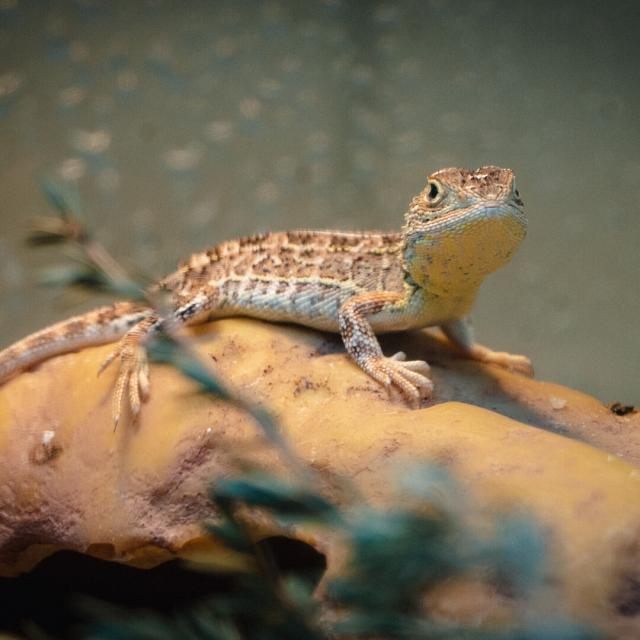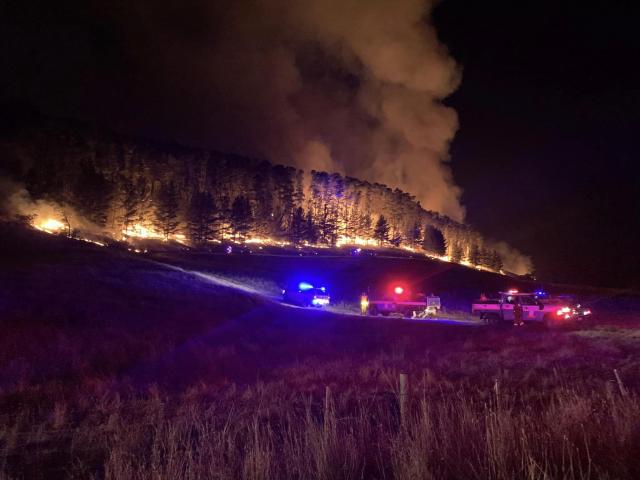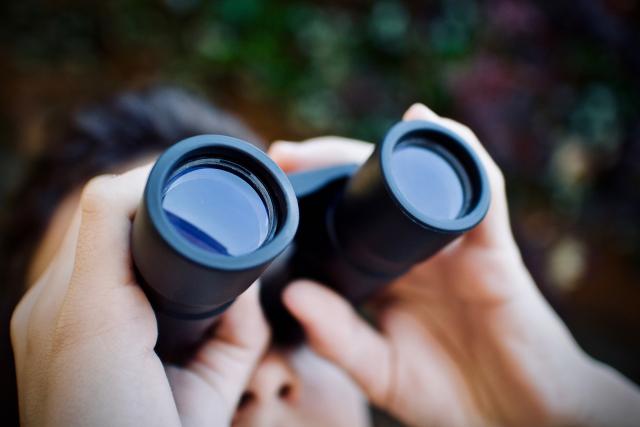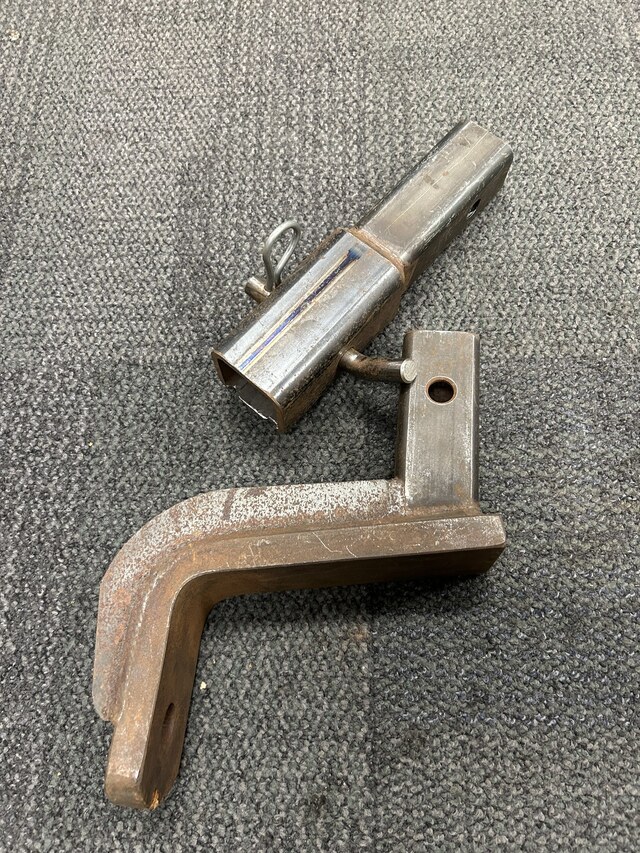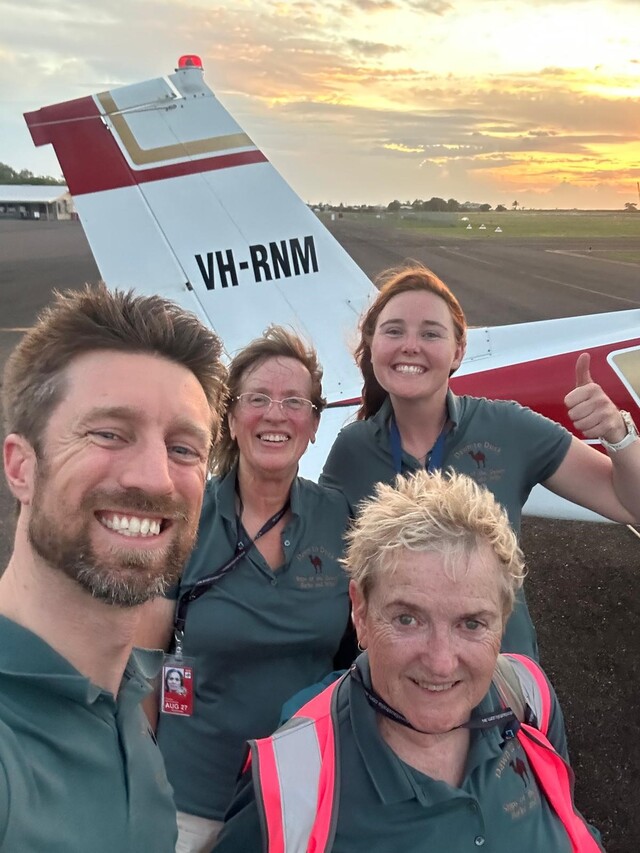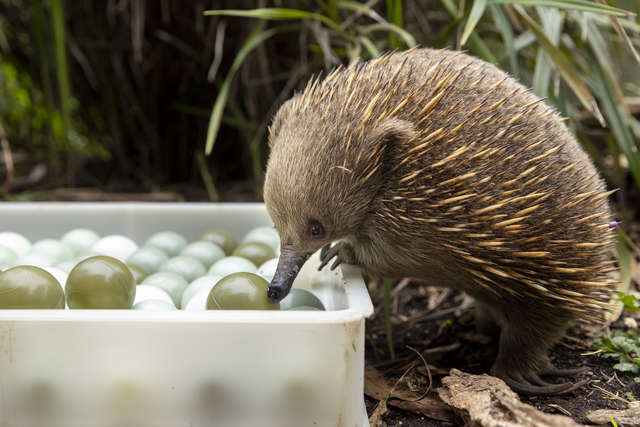A small reptile not seen in Victoria for over 50 years and thought to be extinct in the wild has been rediscovered.
The State and Federal Governments announced the landmark discovery of a Victorian grassland earless dragon population on Sunday 25 June, which provides renewed hope for the critically endangered species last sighted in 1969.
Minister for Environment and Water Tanya Pilbersek said it’s exciting news that the Victorian grassland earless dragon has been rediscovered.
“I want to protect our precious creatures for our kids and grandkids,” she said.
Once commonly found in native grasslands west of Melbourne, their numbers declined as a result of habitat loss and predators like foxes and feral cats.
To protect the habitat and the species, the location of the rediscovered population has not been revealed – but surveys are ongoing at the rediscovery site to better understand the population size.
The State Government is currently working alongside Federal Government and Zoos Victoria to establish a plan to ensure the species’ recovery.
There are plans to invest in a new project trialling the use of specially trained detection dogs to sniff out more populations of the dragon to help inform the level of conservation required.
A conservation breeding program is also being established by Zoos Victoria to ensure the species is not lost again.
Zoos Victoria CEO Dr Jenny Gray said that the extraordinary rediscovery of this critically endangered and cryptic lizard inspires optimism for the recovery of this Victorian species.
“Zoos Victoria is proud to be lending years of expertise honed through the breeding recovery program at Melbourne Zoo for Canberra dragons,” she said.
The Victorian grassland earless dragon is listed as critically endangered under the Victorian Flora and Fauna Guarantee Act 1988 and the Commonwealth Environment Protection and Biodiversity Conservation Act 1999.
Victorian Minister for Environment Ingrid Stitt said the amazing discovery offers an opportunity to recover a species once thought lost to our state and the world.
“We will continue to work hard at protecting Victoria’s most vulnerable creatures and secure their future for generations to come,” she said.

